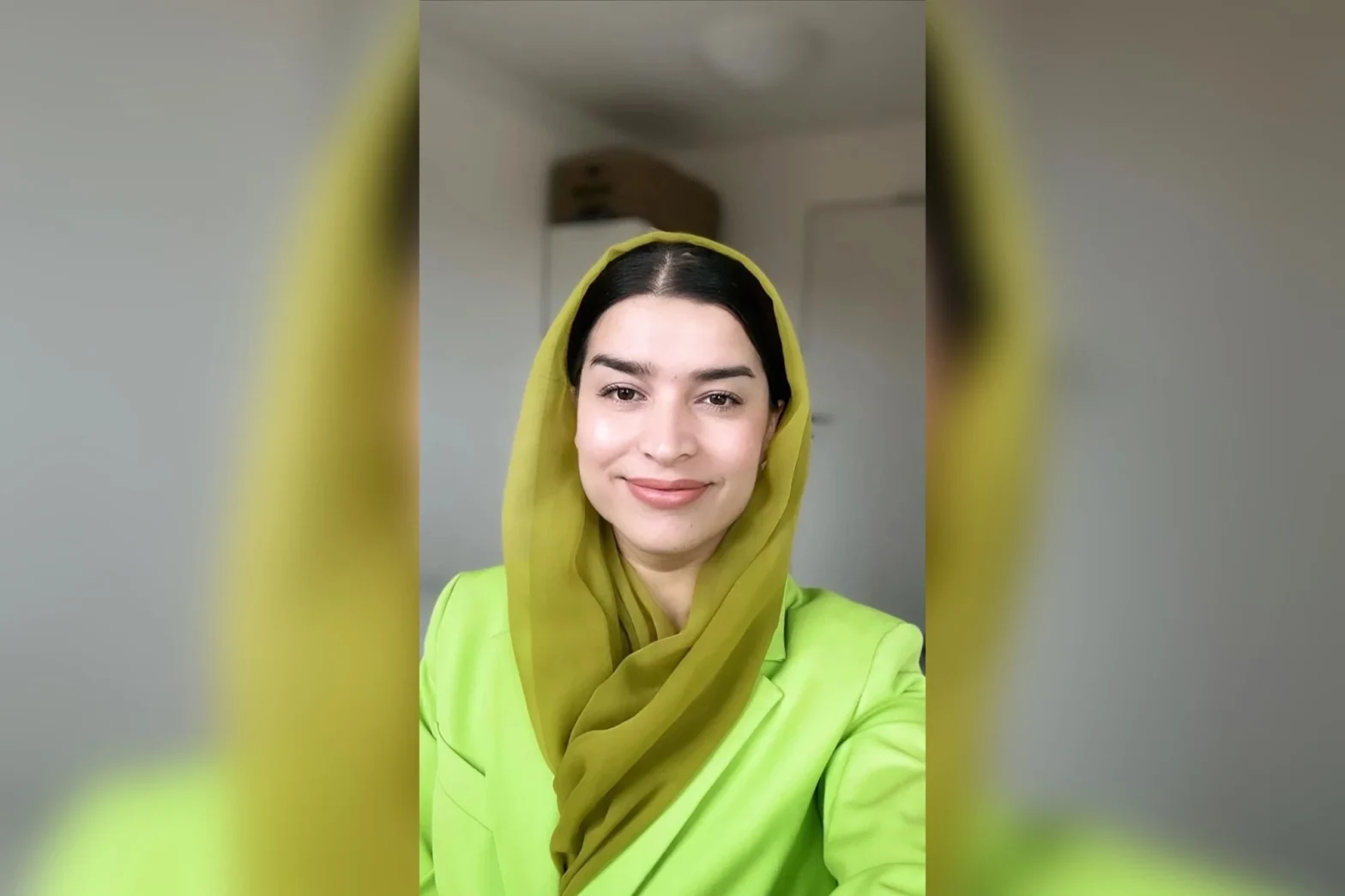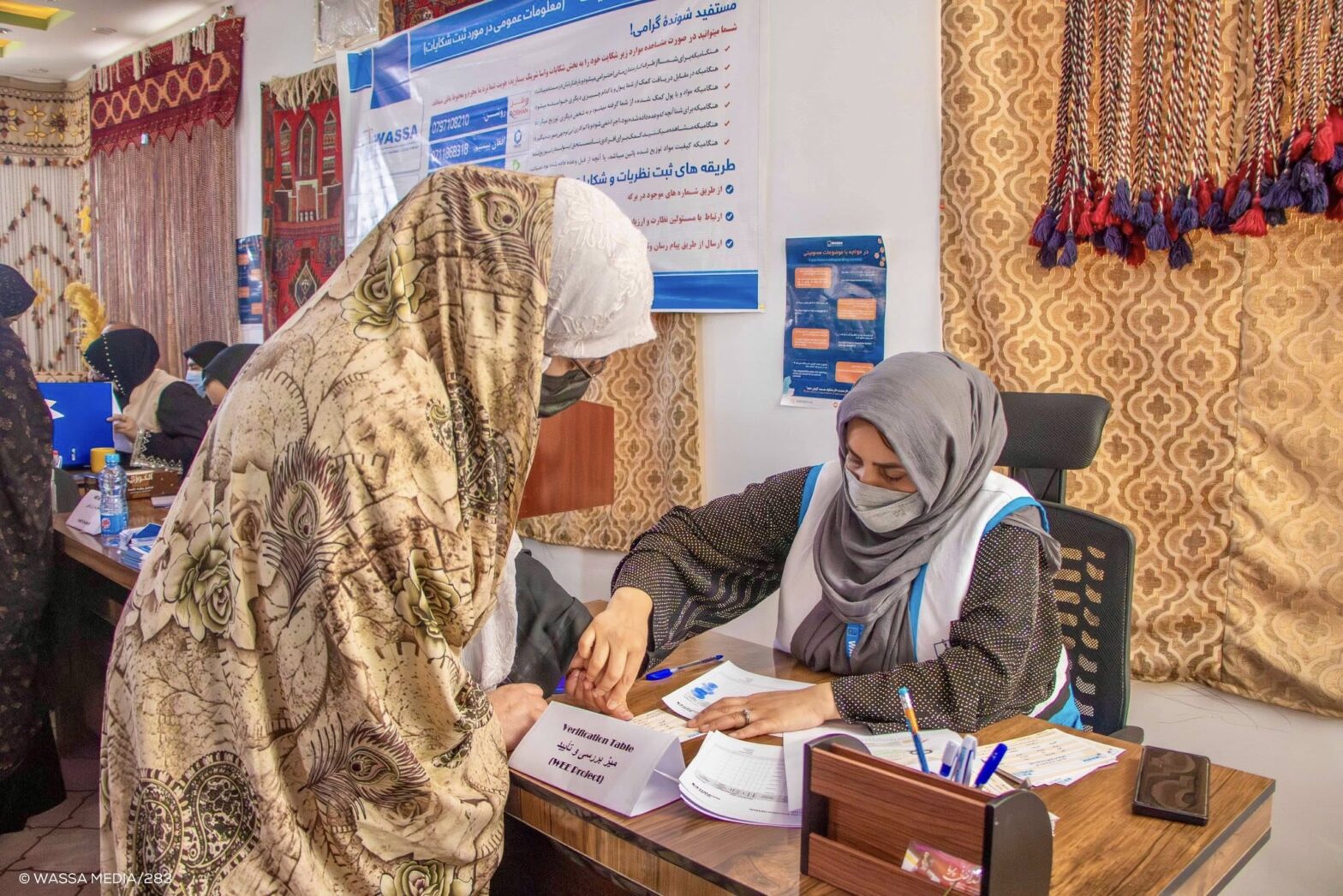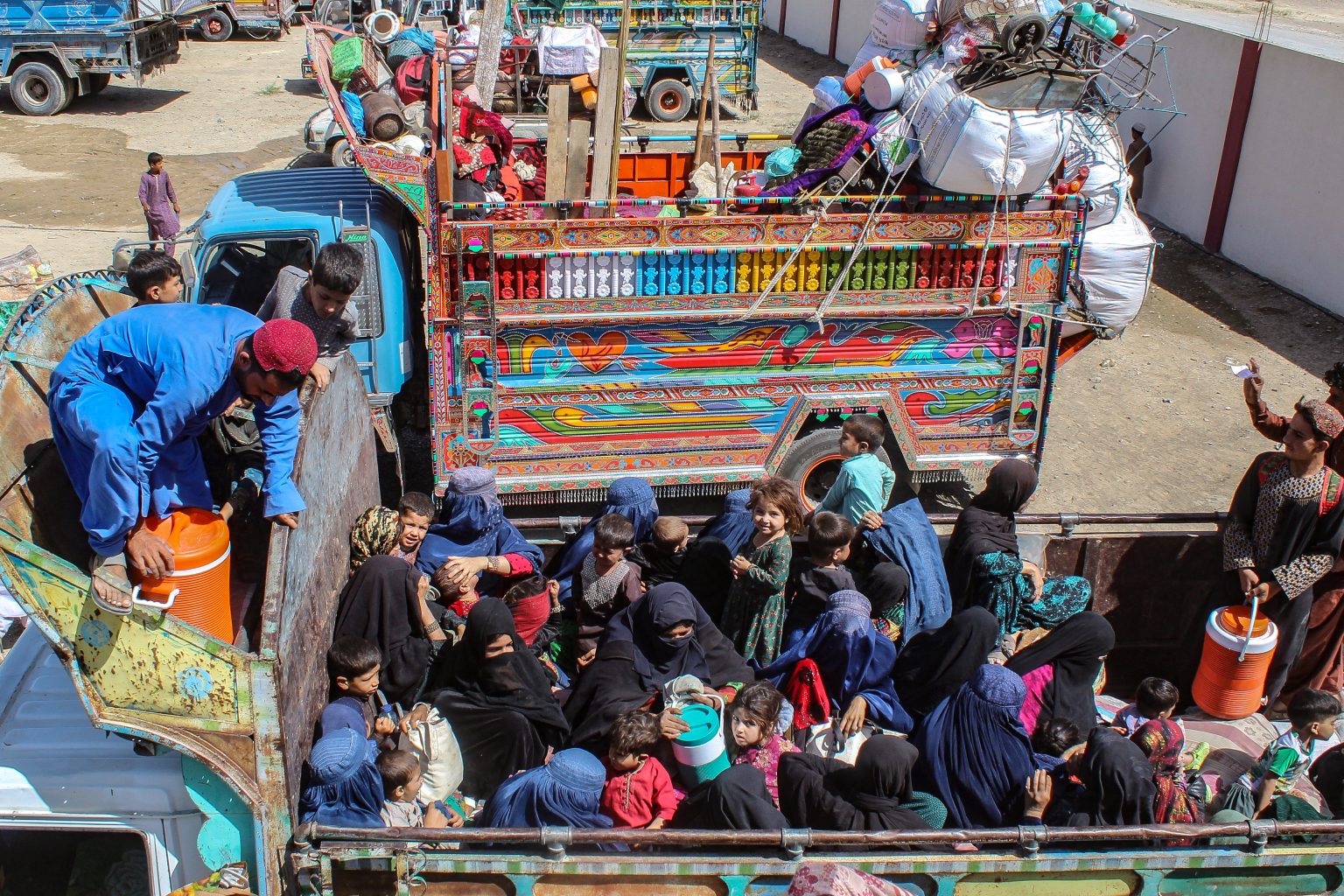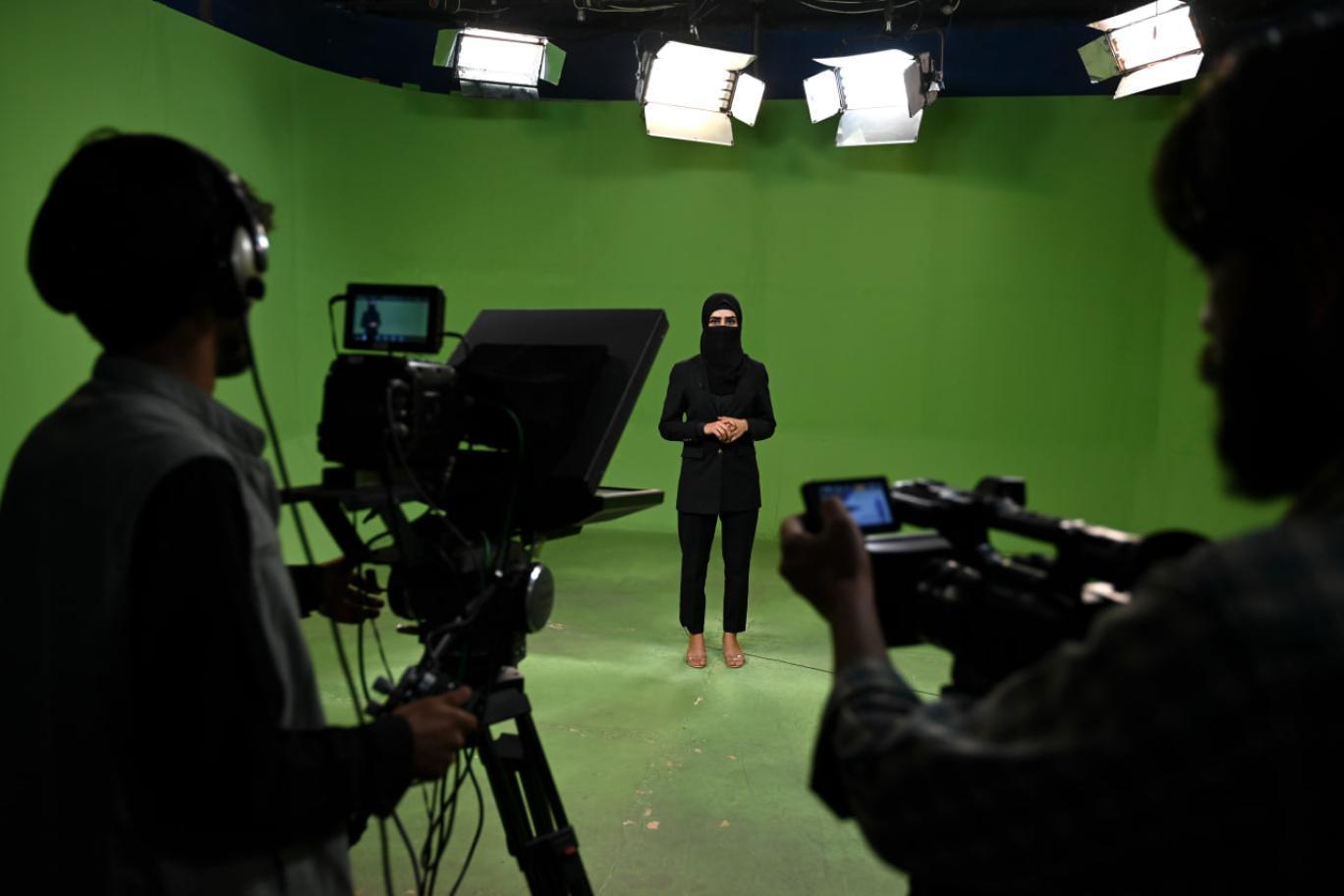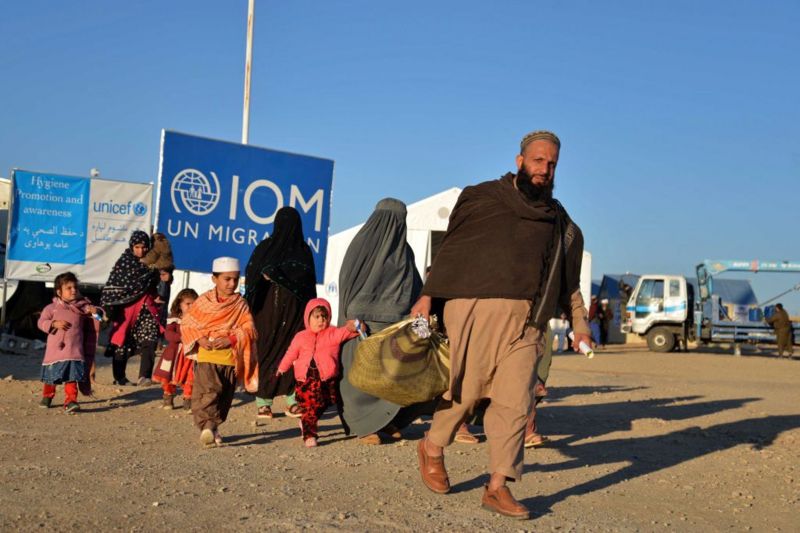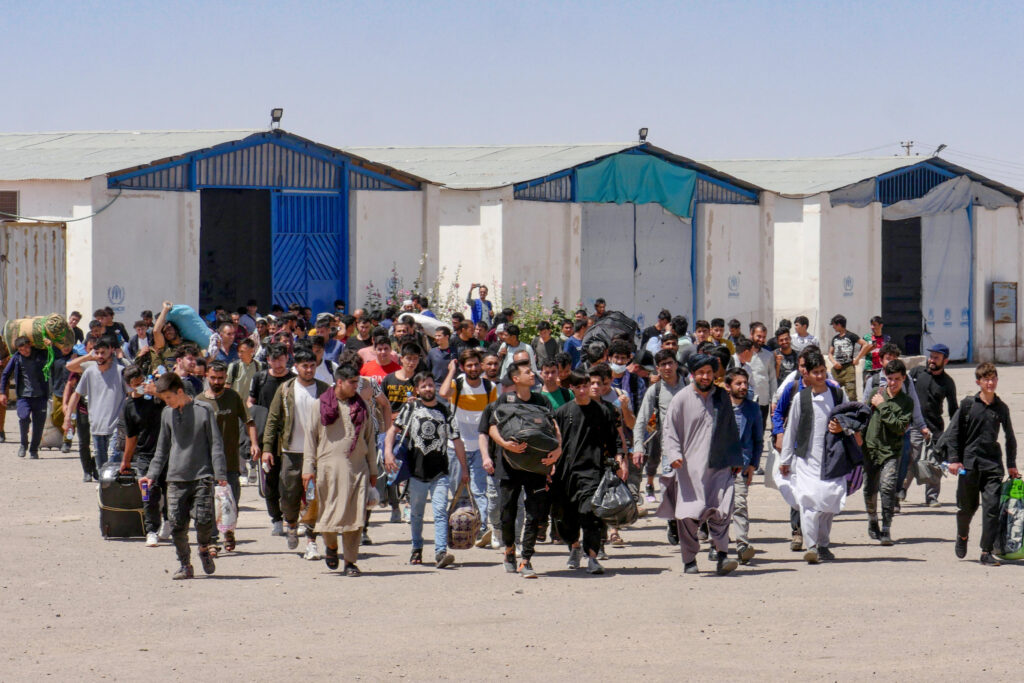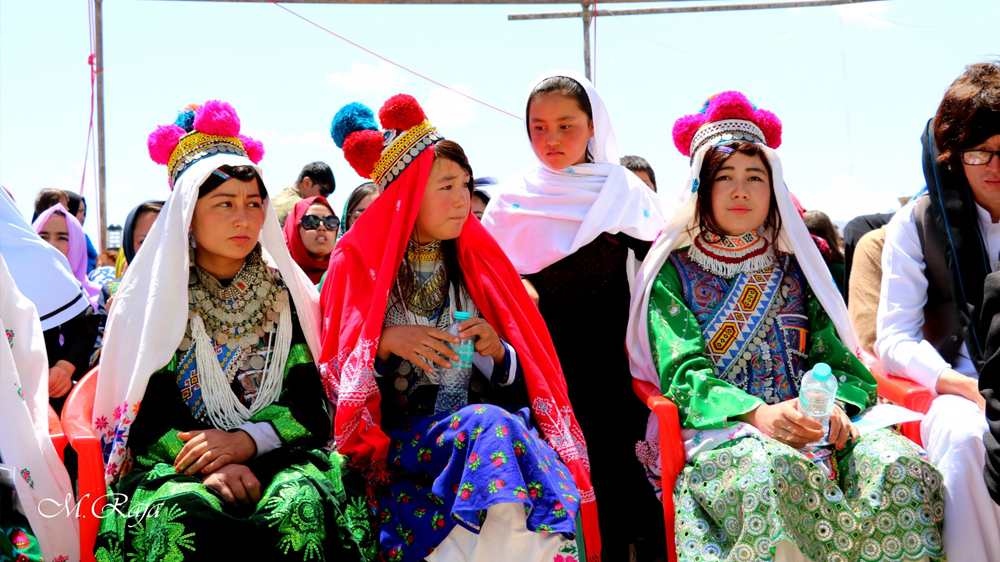
The City of San Diego in California, USA, has officially recognized May 19 as "Hazara Culture Day." Todd Gloria, the Mayor of San Diego, issued a formal proclamation stating: “On behalf of the people of San Diego, I proclaim May 19 as ‘Hazara Culture Day.’ Recognizing and celebrating Hazara Culture Day provides an opportunity to promote cultural awareness, inclusivity, and solidarity among all residents of San Diego, while strengthening a sense of belonging and mutual understanding among the city's diverse communities.” Mayor Gloria also emphasized that Hazaras around the world commemorate this day by holding traditional celebrations, wearing cultural attire, and dancing to the music of their homeland. Meanwhile, Mohammad Jawad Rahimi, a local representative of the U.S. Democratic Party, stated that he proposed the recognition of “Hazara Culture Day” during a meeting with the mayor, who welcomed and accepted the suggestion. Rahimi added: “This initiative helps foster cultural awareness, unity, and a sense of belonging within the community.” He continued: “Proclaiming May 19 as Hazara Culture Day in San Diego is a meaningful act that reflects the mayor's genuine attention to our communities.” It is worth noting that Hazaras from Afghanistan have been celebrating May 19 as “Hazara Culture Day” globally since 2017. Previously, this day was also officially recognized in Pakistan’s national calendar as Hazara Culture Day.

